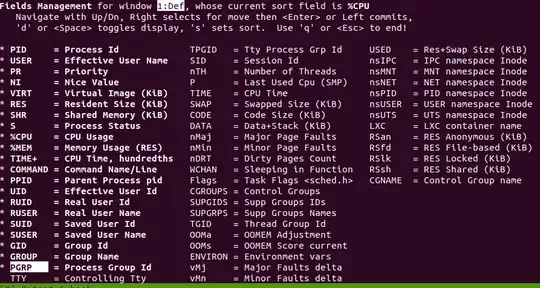Nowadays, my laptop frequently uses high %CPU (300%). I noticed that .dhpcd is involved in high %CPU. I could kill the process without any issue. However, it turns on automatically in about every 30 minutes. Strangely, the user is test in top:
I am wondering what it is and I would like to know how to fix or disable it completely (if it is okay). I am using Ubuntu 16.04.5.
sudo crontab -l showed no crontab for root.
From sudo find / -iname "*dhpc*" , I found this: /home/test/.dhpcd
This is the result of ls -al:
Quite a while ago, I created a git page just for practice. Something fishy is going on here..




sudo su testand thenwhicht .dhpcd? – Boba Fit Dec 12 '18 at 21:58which .dhpcddid not return anything (even if .dhpcd is running). @Doug Smythies, would you tell me the sources? and any suggestion? @user535733, if it is malware, how could i get rid of it? – donghoon Dec 13 '18 at 18:22ls -l /etc/dhcp/dhcpd.confand lets see! – George Udosen Dec 13 '18 at 18:25dhcpd.conf, but have several files in/etc/dhcp. If I runls -l /etc/dhcp, I seedebug, dhclient.conf, ./dhclient-enter-hooks.d, ./dhclient-exit-hooks.d– donghoon Dec 13 '18 at 20:45linux ".dhpcd". I think it is malware and it is very new. – Doug Smythies Dec 14 '18 at 15:31